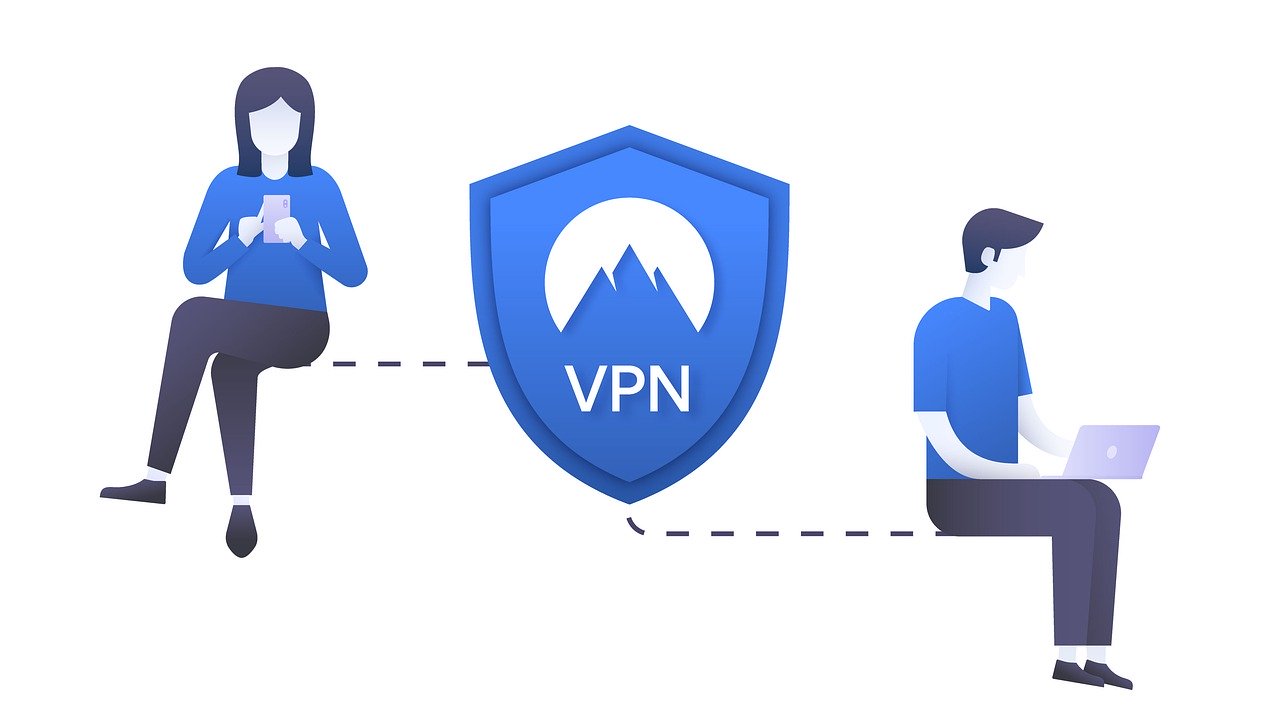Even in perfect circumstances, a VPN slowing down Internet speed. This is just how things work. That’s because VPNs add a few extra points between your device and the sites you want to visit. In exchange, you get all the amazing privacy, security, and content-unlocking benefits of using one.
Nonetheless, with premium VPNs, there are many ways to make this difference in speed negligible. There are even some examples where you can also use a VPN to enhance your internet speed.
You’re probably thinking, “I want to hide my IP and have great speeds.” Don’t worry; that’s totally possible. Here’s how to fix these issues for the best VPN performance.
Table of Contents
1. Your Internet Speed is the Most Important Factor
How fast your internet connection is will always play the biggest role in how fast things are when your VPN is turned on. If you have gigabit ethernet, then you’ll be in good shape. Likewise, if you’re hosting your entire network off a shaky 3G signal, you may have some trouble.
But this is an important thing to pay attention to if your provider has internet caps. If you’re at the end of the month, you may have already used up your allotment. Likewise, some ISPs throttle certain sites, which is one of the perks of using a VPN since they should be able to bypass these blocks.
Before you do anything, do an internet speed test. This will give you a gauge to compare your VPN performance with. Then do another one after enabling your VPN to provide you with a level of comparison.
2. Server Location is Important
It’s easy to forget that the internet exists in the physical world. Your data has to travel the distance, and this makes a pretty big difference. For example, if you’re in the UK and choose an Australian VPN server, it will take a while to get there.
When possible, you want to choose the closest VPN server to where you’re physically located. This means even using a VPN server in your own country when you don’t need to bypass region blocks for streaming content.
3. Server Load
Server resources are finite. When many people are connected to one server, then the connection speed drops. This is a frequent problem with free VPN services since you’ll have many users on a small number of servers.
That’s why you want to go with a premium VPN that offers a large variety of servers in different locations and has an additional Quick Connection functionality, which will automatically pick the fastest VPN server.
4. The Type of VPN Protocol
For years, OpenVPN was the de facto king of VPN protocols. As great as it is, some networks deliberately restrict or throttle it from being used. A new VPN protocol, WireGuard, is now available and can provide faster connections for desktop and mobile connections. If your VPN provider offers it, be sure to check it out.
The type of encryption you use can also have an impact on your internet speed. This again is another trade-off since the best providers use AES-256. AES-256 is military-grade and impossible even for a supercomputer to crack. You can consider using a different type of encryption but try out some of these other strategies first.
5. Check Your Device
Sometimes it’s not that the VPN slowing down internet, but your device that could use a little TLC. Try connecting to your VPN with a different device and seeing what types of results you get.
If you’re seeing a major difference between them, it is good to do a software update and restart. While you’re at it, restart your router as well. Doing this is like a soft reset and should improve overall system performance, whether your VPN is enabled or not.
Remember, Speed Isn’t Everything
You have to remember that a VPN isn’t made to increase your internet speed, but also VPN slowing down internet. With a VPN, you get online privacy, bypass geo-restrictions, enhance security, and much more.
In exchange, you have to sacrifice about 10% of your speed. That trade-off is more than worth it. But if you’re experiencing significant decreases, the chances are that there is something else going on. Fortunately, these steps will fix 99% of VPN speed issues, so try them out now.

